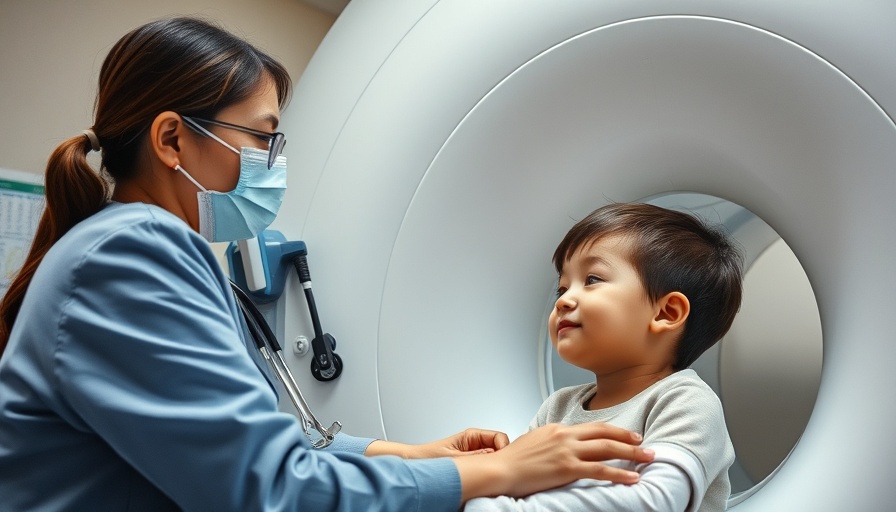
Unveiling the Mysteries of the Infant Mind
Cognitive neuroscience is uncovering groundbreaking insights into how infants learn and memorize. Recent advancements in functional MRI (fMRI) have allowed researchers like Nick Turk-Browne to peer into the developing minds of infants, offering hope for a deeper understanding of early cognition.
Understanding Infant Cognition Through fMRI
Traditionally, studying infant cognition has relied heavily on behavioral observations, such as tracking an infant's gaze to discern their interests and memory capabilities. While this approach has produced numerous insights, it often leaves a significant blind spot in understanding the underlying neural mechanisms. Turk-Browne and his team are bridging this gap by utilizing fMRI technology to study awake infants. Their recent findings suggest that the hippocampus, a key region for memory, shows activity related to statistical learning as early as three months. By age one, infants begin to encode memories actively, potentially reshaping our understanding of when and how memories are formed.
Implications for Autism Research and Early Intervention
These insights carry important implications for autism research and early intervention strategies. Understanding how infants learn and memorize can inform approaches to support children on the autism spectrum. For parents of autistic children, these findings may be particularly relevant; knowing that early neural mechanisms are at work can highlight the importance of timely cognitive therapy and intervention strategies. Recognizing that infants have capabilities previously thought dormant may accelerate advancements in tailored therapies that foster cognitive and social development.
A New Era in Behavioral Science
The emerging field of infant neuroimaging is revolutionizing our comprehension of behavioral science. As researchers like Turk-Browne continue to innovate in scanning awake infants, the potential to learn how diverse factors influence neurodevelopment expands dramatically. These advancements open doors to new avenues for autism clinical trials and genetic studies, providing parents and practitioners with evidence-based insights to better support children's growth and learning.
The Future of Neurodevelopment
As this field grows, future predictions hinge on the continued integration of behavioral science and neuroscience. The correlations learned now could establish clear pathways for earlier interventions, increasing the chances of positive outcomes in children diagnosed with autism. By establishing a strong foundation of knowledge on infant cognitive ability, we can inform both education and intervention methods, maximizing the efficacy of support systems for affected families.
Discover More on Early Intervention Strategies
The unraveling insights provided by infant fMRI technology underscore the incredible potential for understanding and supporting the developing minds of children, particularly those on the autism spectrum. For parents seeking to further explore early intervention strategies tailored to their needs, learn more here.
 Add Row
Add Row  Add
Add 




Write A Comment